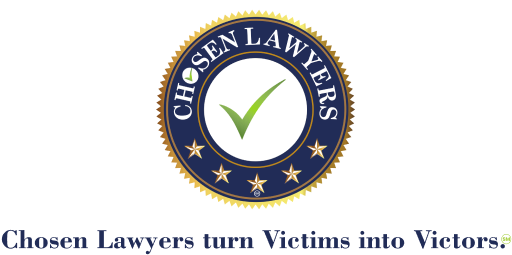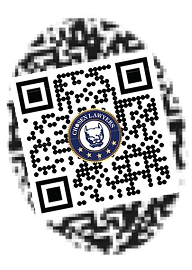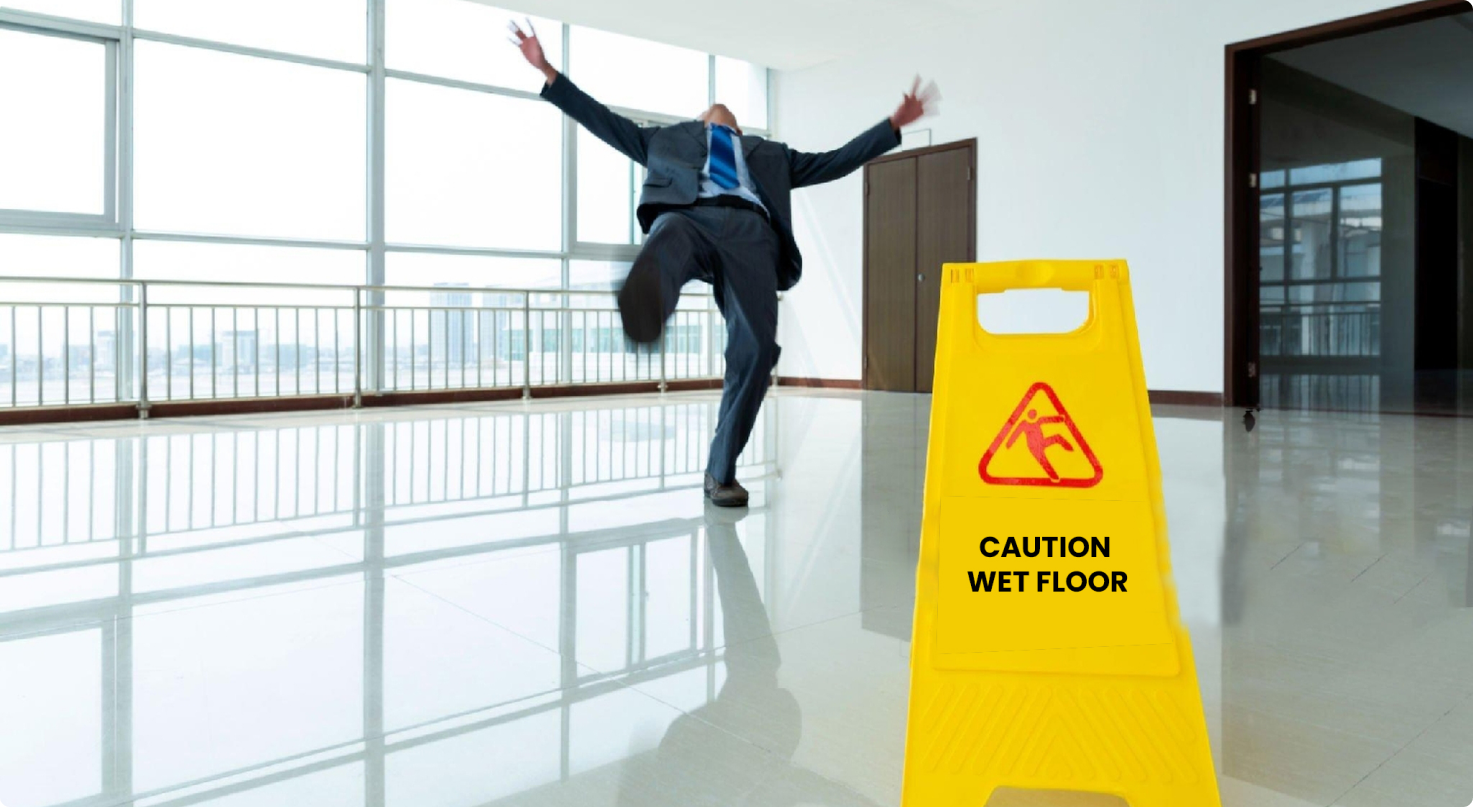前提責任
Have you or a loved one been injured while, shopping, dining, or visiting some place?
Premises Liability is a type of Tort Liability imposed on property owners and occupiers, for certain injuries that happen to third parties on their properties.
The range of injuries and extent of compensations for each case depend on facts and circumstances of each case. Here are some of the most common hazards that may lead to liability: Uneven Pavement, Open Excavation, Crumbling Curb, Slippery Floor, Snow, Water, Sleet, Ice, Falling Object, Inadequate Security, Improper Lighting, Defective Chairs, Concealed Holes, Rotten or Broken Steps, and so on. Premises Liability Laws are based on public policy of promoting safety for the people, who enter properties of others. For the purpose of Tort Law, the owner of a property does not have to hold actual ownership title to the subject property. Therefore, tenants could be found liable for accidental injuries that occur on premises under their control.
If you and/or a loved one have been injured, while on property of others, please click or call Chosen Premises Liability Lawyers for a Free and Confidential case evaluation. Chosen Lawyers have the much-needed experience, skills and commitment to Protect Your Rights, The Right Way, Right Away.
PREMISES LIABILITY AND VISITORS’ STATUS
Under Tort law visitors to a property are divided under three legal categories: Invitee, Licensee, and Trespasser. However, a California case named Rowland v. Christian has almost eliminated the distinctions between Invitee and Licensee. It has instead imposed a “reasonable duty of care” standard, which asks: would a reasonable person act under the attendant circumstances as did the defendant?
INVITEE
An Invitee is referred to someone who is visiting a property, because the owner and/or occupier of the premises has invited, Expressly or Impliedly, the person to the property for the purpose of doing business. For instance, a person who enters a store to look at a pair of shoes is an Invitee, regardless of purchase. That is because the property (Shop) is open to the general public.
The property owner or occupier has a duty to make their property safe for an invitee. This safety measure includes conducting reasonable inspections of the premises to discover any hidden dangers and fix them. The property owner or possessor has a duty to warn the invitee of hazardous conditions that cannot be fixed. Furthermore, property owners or occupiers have a duty to help an invitee, who sustains injury on their property.
LICENSEE
A Licensee is a person who enters a property, despite the fact that the property is not open to the general public, but the owner/occupier of the property has allowed the person to enter. For instance, a social guest is considered a licensee.
A property owner or occupier owes a Licensee a duty of reasonable care, which means, if there is a harmful condition on the property that is not visible to the licensee, and if the owner/occupier knows about that condition, he or she must warn the Licensee.
TRESPASSER
Under Tort Law, a Trespasser is referred to a person who enters someone’s property without implied or express permission. There are two types of trespass laws: Tort Trespass and Criminal Trespass.
Clearly entering or remaining on the property of another person, after the initial permission expires, create liability in the trespasser. Please note that the trespass must be intentional. For example, a person walking on his own property trips and falls onto the adjacent property would not amount to trespass, because the person accidentally fell and not intentionally walked into the neighboring property.
PROPERTY OWNER/OCCUPIER’S DUTY TO TRESPASSERS
In order to determine property owner/occupier duty to trespasser, we must first determine whether the Trespasser was an undiscovered trespasser, to whom the property owner owes only a duty not to willfully harm the trespasser. Second, there is the discovered trespasser, to whom, the owner/occupier owes a duty to warn them of dangerous conditions on the property, which would be hidden to them, but the property owner must be aware of such hazards. For instance, a posted warning sign at the entrance of the property may suffice.
ATTRACTIVE NUISANCE (TRESPASSING CHILDREN)
Under Tort Law Attractive Nuisance is referred to a legal doctrine, which holds land owners/occupiers liable to trespassing children. This law is designed to protect children who are unable to appreciate the gravity of risk posed by objects such as cars, sand, pool, trampoline or junk on the property. In such cases, courts, generally, evaluate each “child” under attendant circumstances that caused the injury. If it is determined that the child was able to understand and appreciate the hazard, the doctrine of attractive nuisance may not apply.
Under the old common law, the injured party must have shown that the hazardous condition itself attracted the child to the property. However, modern law uses the doctrine of foreseeability of the sustained injury. Premises Liability laws are highly complex. The Capable, Credible and Compassionate Chosen Lawyers are here to help you from Start-to-Success. If you’ve been injured, while visiting the property of another, please click or call Chosen Lawyers for a Free and Confidential case Evaluation. Should you decide to retain a Chosen Lawyer, they only get paid when You Win!
選び抜かれた弁護士が、スタートからサクセスまでサポートします!
ご自宅、オフィス、病院など、ご希望の場所にお伺いします。 無料です!
法律問題に関しては、時間が重要である。
選ばれた裁判弁護士は、完全な正義のためにアメリカで最も強力な擁護者です!
連絡先
あなたの権利と責任をすぐに知る-無料!
勝つまでノー・フィー
捕まえに行こう
チョーゼン・ロイヤーは、完全な正義の頂上まで、あなたの弁護をします。 を提供します。これが、一般市民が数十億ドル規模の保険業界、政府、その他の巨大企業に対して、自分たちの権利のために立ち向かえる唯一の方法です。 数十億ドル規模の保険業界、政府、その他の大企業に対抗する唯一の方法です。 パワー弁護士軍団を指揮下に置いている。




